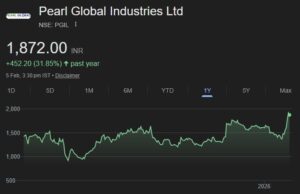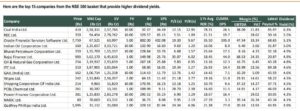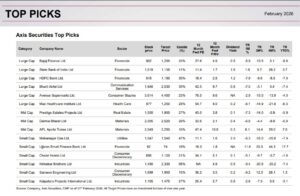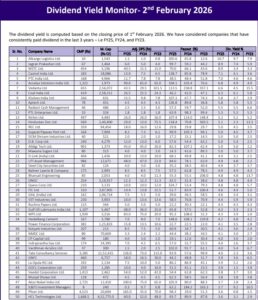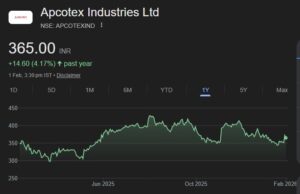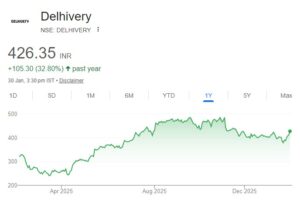
(i) Forget about whether the market is overvalued or not. Focus on the stocks in your portfolio:
The question whether valuations are expensive or not is irrelevant because you don’t buy markets, you buy individual stocks. The economy is still standing at a threshold of an upswing. When there is a long and secular period ahead, don’t get distracted by being churlish about small points every now and then. That will take you away from the task of making a solid return over a period of time.
(ii) What to look for while buying a stock:
An investor’s duty is simple. He has to identify good businesses, ones that have longevity, sustainability, predictability, opportunity and with capability to grow. Growth should also be backed by quality, which comes from an ability to create economic value. And that comes when you have a superior return on capital employed compared to your cost of capital. Higher the gap, bigger is the overall economic value creation. On top of it, if there is growth, then that economic value pie becomes bigger over a period of time.
(iii) Be careful about valuations and what you pay for the stock:
If I am buying a stock, my concern is whether it is reasonably valued or not. Over a period of time, stock price is a function of only a few simple things: whether the business is profitable, whether profits convert to cash; and whether that is sustainable. If there are real earnings, which also reflect in cash, it will reflect in the price by way of upward revision, even if everybody is generally negative.
(iv) Understand the difference between “price” and “value”:
Often, stocks tend to rally on sentiment rather than value. While price is volatile, value doesn’t change that often. Value changes over a period of time while price will go through ups and downs during that period. The question to ask is whether the gap between price and value is favourable or unfavourable. If it’s favourable, then even if it has gone up, it’s alright. If the gap has been breached, then what you get is underlying economic return, but the discount that was there as an extra kicker, goes away.
(v) Keep your eyes always on the stock. Don’t get distracted by macro noises:
Global macroeconomic events do not have a bearing in the long run for the markets. While markets are not devoid of economic logic, the tendency to get over-driven by consideration of economics, and based on that, trying to forecast the future of businesses, is found to be a very poor one. Economics is not really a precise science and makes any sense for investing. Noises will happen from time to time but these noises have an impact only at a point of time, and weak minds get consumed by it in making a judgement about individual stock. If your business is investment, getting driven by too much of these macros is a bad way of investing.
(vi) Be disciplined and buy only quality stocks:
Ultimately, there is no substitute for owning a high quality name and holding it with discipline. Even in you are temporarily successful in a risky transaction, it will be the root for a permanent failure. Lousy profits are a foundation for future losses.
(vii) Don’t mistake long-term holding with long-term investment:
Just holding something for long doesn’t mean you are a good investor. You can hold rubbish, keep it for eternity, and it will destroy value. Instead, your job as an investor is to be able to judge the value of the business. Thereafter, being disciplined to buy it at some margin of safety and then having the wisdom to stay with it even during temperamental quarks.
(viii) It is our Dharma to optimize wealth:
I strongly believe that it is one’s dharma to optimize wealth. Even if it is your money, you don’t have a right to ill-treat it. Putting disproportionate amount of money into fixed income is containing your wealth to poverty.
(ix) There are so many opportunities to invest for a long-term investor:
There are plenty of pockets of value to invest in for the long term. For example, the healthcare sector has got some world class companies with superb opportunities in terms of size, strong earnings growth, and yet available at a healthy discount. If India is going to get big, many of the consumer businesses will become huge. Also, no country is going to grow without banks and good finance firms. In India, half the population is still either directly or indirectly into agriculture. Many of the agro and agro-related businesses are going to grow much bigger. There are good companies in capital goods, as the country embarks on serious capitalization and capital formation. With international business growing, export and import logistics will thrive. You will get tired of counting opportunities.
